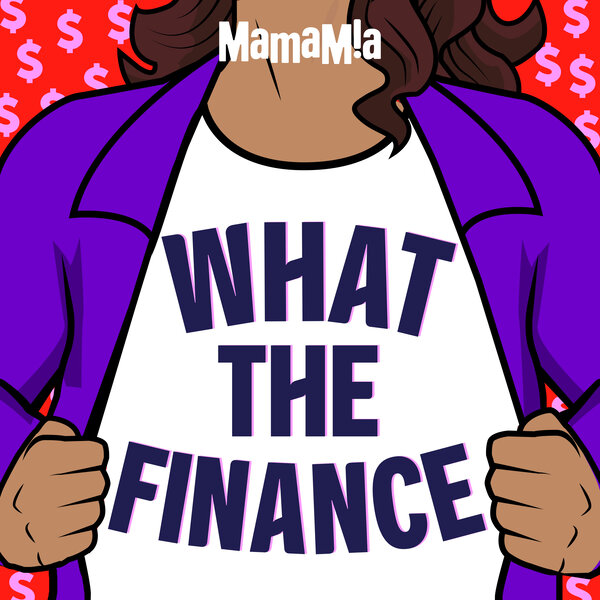
If you want to support independent women's media, become a Mamamia subscriber. Get an all-access pass to everything we make, including exclusive podcasts, articles, videos and our exercise app, MOVE.
*Names changed to protect identity.
Recently, I asked Mamamia readers to share their divorce stories. The responses were overwhelming and deeply personal.
They also formed a pattern. A pattern of two words, repeated by so many. Two words that affect one in six women in Australia: financial abuse.
In 2023, the Australian Bureau of Statistics (ABS) released a Personal Safety Survey involving 9.9 million women. It found 16 per cent (1.6 million) of women, since the age of 15, had experienced economic abuse (a broader form of financial abuse) by a cohabiting partner.
For millions of Australian women, financial abuse is a reality. Here, three women share their stories, anonymously.
How the warning signs of financial abuse started.
Tessa*
Tessa was 15 when she met Michael*, 22, at a skin clinic. After six weeks of treatment for acne, he asked her out.
The pair were married eight years later. Then, as they prepared to welcome their first child, Tessa's parents tragically died.
While the grieving daughter received an inheritance, she told Michael she wanted to leave it alone.
"I didn't want to gain anything from it. I just wanted it to sit there," she told Mamamia.
Tessa left her job and the family lived off Michael's salary. He alone was in charge of what they did with it.































































































